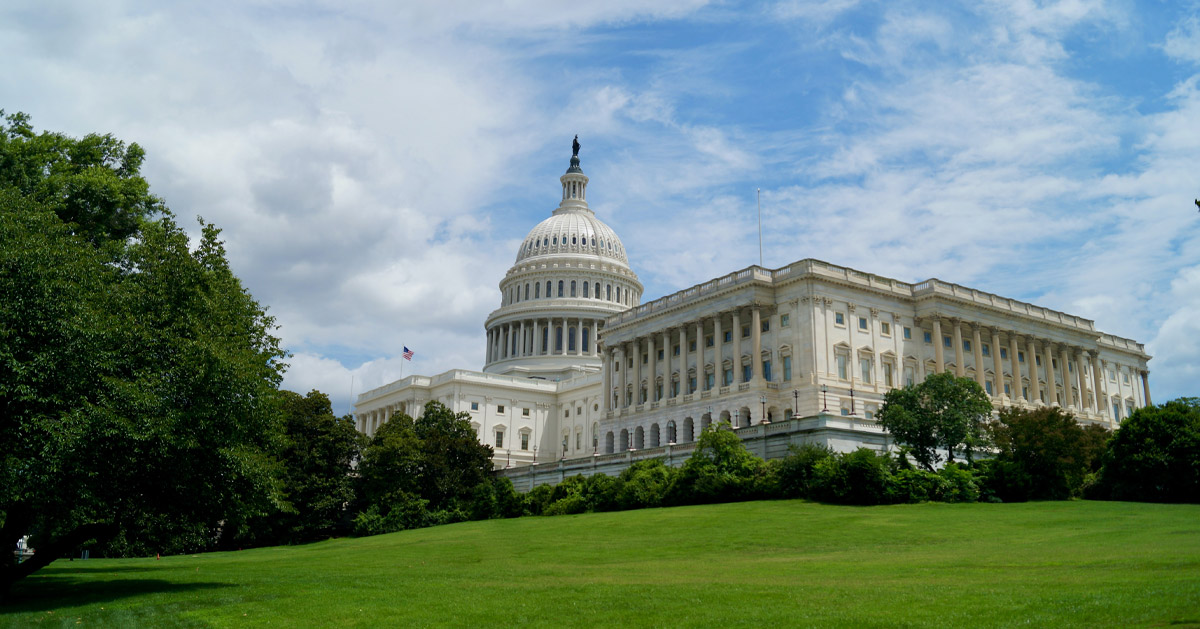In early August 2022, President Biden signed the Inflation Reduction Act (IRA) into law. It is a game-changing effort to fight climate change with more than $350 billion of investment in clean energy technology and infrastructure.
The IRA contains significant new incentives to improve energy efficiency, electrify, and decarbonize the built environment.
Redaptive’s unique Energy and Data-as-a-Service approach can help our customers take advantage of the updated energy tax incentives to make this once-in-a-generation investment. We can work with you to provide end-to-end development, project planning and execution, financing, installation, and maintenance.
New Ability to Transfer Tax Credits Gives Greater Flexibility for Financing Energy Projects.
At Redaptive, we do more than just design, install, operate and maintain energy efficiency and decarbonizing technologies – we also provide project financing. The ability to transfer credits under the IRA greatly expands the financing options for all our customers. Let our experts help you figure out the most cost-effective way to accelerate your path to net zero.
- New ability to monetize tax credits. A crucial aspect of the IRA is the new ability to transfer the clean energy tax credits. This means entities may now sell or transfer the credits to help pay for qualifying energy projects.
Building Energy Efficiency
Redaptive is a leading provider of energy efficiency improvements. We can help your real estate portfolio, healthcare facility, or educational institution to reduce its energy and carbon footprint, while immediately generating savings.
- Increase in the deduction from $1.88 per square foot to a maximum of $5.00 per square foot. The potential incentives for energy efficiency improvements under 179D have almost tripled. The exact amount is on a sliding scale depending on compliance with certain prevailing wage and apprenticeship requirements.
- The minimum efficiency requirement to qualify for the deduction has been reduced to 25% (from 50%). Taxpayers can elect to take an alternative, parallel deduction for energy efficient lighting, HVAC, and building envelope costs placed into service in connection with a qualified retrofit plan.
Onsite Renewable Energy Generation
Redaptive’s approach to building optimization combines the benefits of energy efficiency with onsite generation, allowing our customers to adopt solar energy across multiple property types and geographies. We go beyond the typical solar program to streamline the adoption of multiple technologies in a single, easy to understand transaction that can scale over time.
- Modifies the energy percentage to a 6% base credit and 30% bonus credit. There are additional opportunities to increase the credit amount from 6% by meeting prevailing wage and apprenticeship requirements, domestic content requirements, or locating projects in communities that are disadvantaged or transitioning from fossil fuel production.
- Extension of Renewable Energy tax credits for 10 years
- The investment tax credit “begun construction” deadline is extended through 2024 for certain technology and then converts to a technology neutral credit until at least 2032.
- Applies to solar property, fiber-optic solar property, fuel cell property, microturbine property, geothermal property, combined heat and power system property, small wind energy property, geothermal heat pumps, and waste energy recovery property.
Electric Vehicle Charging Credits Expanded and Increased
The IRA extends, expands, and enhances credits intended to support the widespread adoption of electric vehicles for both passenger and commercial use. Work with Redaptive to find the right EV charging solution for your business or institution.
- Extends the placed-in-service deadline by 10 years
- Extends the 30C credits for electric vehicle charging property retroactively from December 31, 2021, to December 31, 2032.
- EV Charging Credit is modified to 6% for property subject to depreciation but can be increased to 30% if prevailing wage and apprenticeship requirements are met.
- Increase in credit for any single item of refueling property from $30,000 to $100,000 in certain locations (low-income census tracts under section 45D(e)).
- Allows bidirectional charging equipment.





